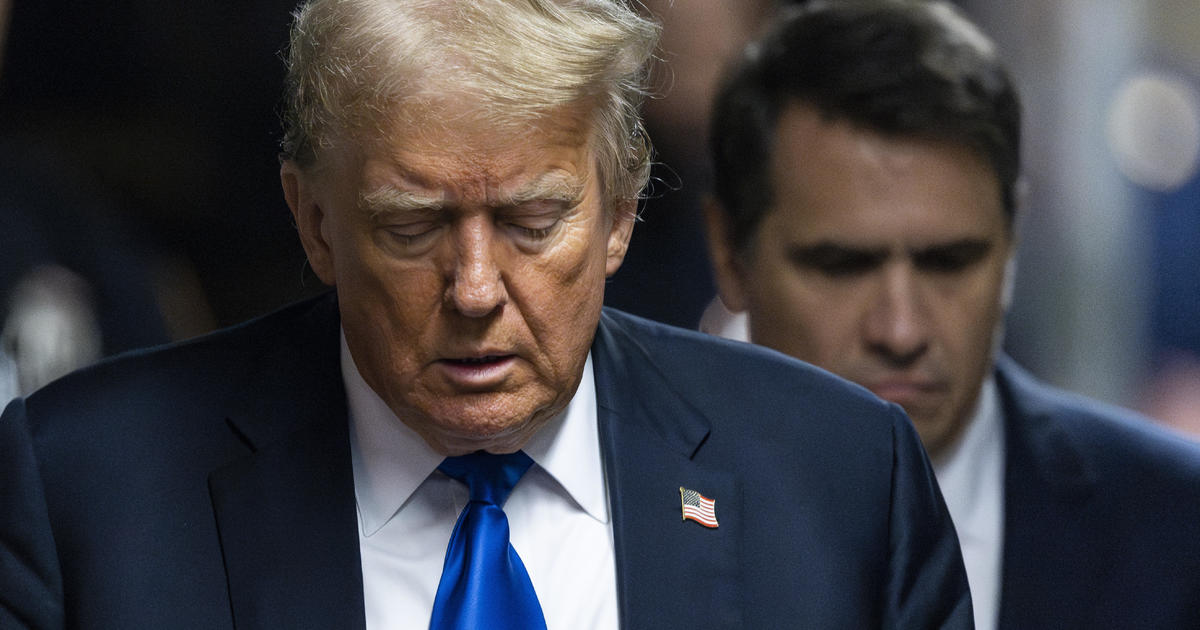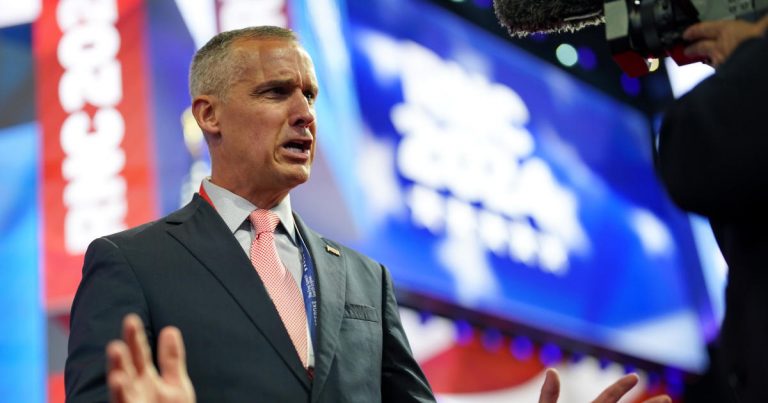Trump’s felony conviction in New York can’t stop him from becoming president.
Welcome to the Boston Post News network, where we bring you the latest and most intriguing updates from the political world. Today, we delve into the controversial topic of whether a felony conviction can bar someone from running for president and assuming office. Former President Trump’s recent New York felony conviction has sparked debates among legal scholars, leading to insightful discussions on the constitutional requirements for holding the highest office in the United States.
According to the Constitution, the prerequisites for the presidency are minimal. As long as a candidate is at least 35 years old, a natural-born citizen, and a resident of the U.S. for a minimum of 14 years, they are eligible to run for president. Surprisingly, there is no explicit mention of a felony conviction as a disqualifying factor for presidency. Legal experts like Corey Brettschneider and Derek Muller emphasize that the qualifications outlined in the Constitution are exclusive and cannot be expanded to include additional criteria, such as a criminal conviction.
Jessica Levinson, a constitutional law professor, affirms that the Constitution does not prohibit convicted felons from serving as president, further highlighting the lack of direct legal barriers to Trump assuming office despite his recent felony conviction.
Despite these constitutional provisions, some states have attempted to disqualify Trump under the 14th Amendment’s insurrection clause in response to the U.S. Capitol assault on January 6, 2021. The Colorado Supreme Court initially ruled in favor of removing Trump from the primary ballot based on 14th Amendment concerns, but this decision was overturned by the U.S. Supreme Court, emphasizing that only Congress has the authority to enforce the insurrection clause.
Regarding the possibility of Trump being sentenced to prison, legal experts suggest that even a felony conviction with no prison time may not necessarily prevent him from running for president or serving while in office. Constitutional mechanisms like the 25th Amendment could come into play, allowing for the transfer of power if the president is deemed unfit to discharge their duties, including situations where the president is incarcerated.
The complex interplay between criminal convictions, presidential powers, and constitutional provisions raises intriguing questions about the future political landscape. As Trump faces multiple criminal cases in different jurisdictions, including Georgia, Florida, and Washington, D.C., the potential implications of these legal challenges on his political ambitions remain uncertain.
In conclusion, the legal and constitutional frameworks surrounding a presidential candidate’s eligibility and ability to serve in office are multifaceted and open to interpretation. The dynamic nature of these issues underscores the importance of ongoing debates and discussions among legal scholars, policymakers, and the public at large.
We will continue to monitor this evolving story and provide you with timely updates as new developments unfold. Stay tuned to the Boston Post News network for more in-depth analysis and coverage of pressing political issues.








